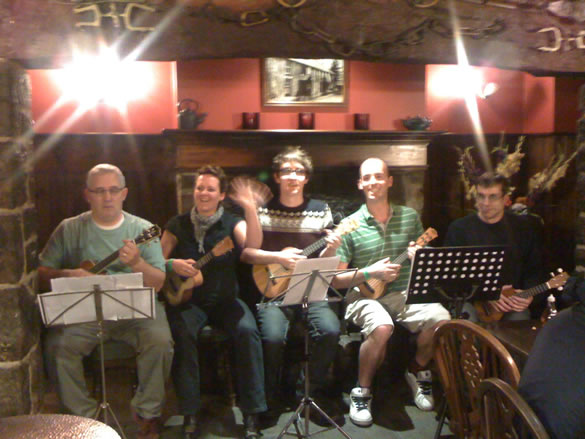Kaplan International are running a competition for bloggers who write about language learning. All you have to do is write a post (at least 250 words) about what you think is the most important benefit of learning another language.
The prizes are an Apple MacBook Air or a Kaplan English course in Edinburgh. The competition starts on 28th September and closes on 26th October 2012. The winners will be announced on 19th November.
In what ways have you benefited from learning other languages?
